Sensitive content
This site contains sensitive content that includes references to sexual violence.
Brave Movement

Brave in Africa is currently implementing the ‘No More Silence; Africa Fights Childhood Sexual Violence’ project, which is marked with a series of movement-building workshops and rapid grant-making to support and amplify grassroots action within Africa. Zambia has proven to be an incredibly unique country in this journey. The robust commitment and will from traditional and faith-based leaders to end child sexual violence(CSA) in this country has been inspiring.
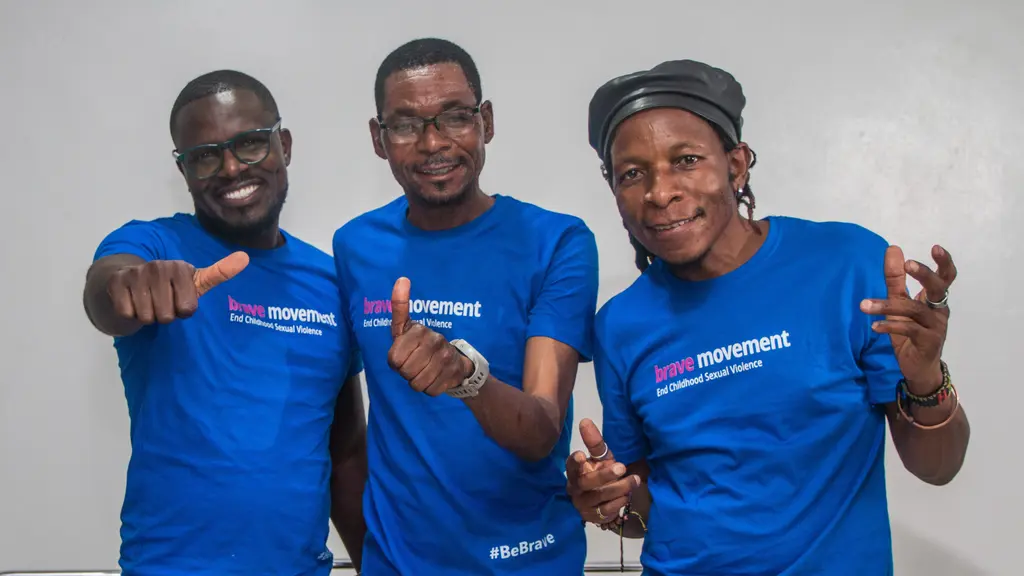
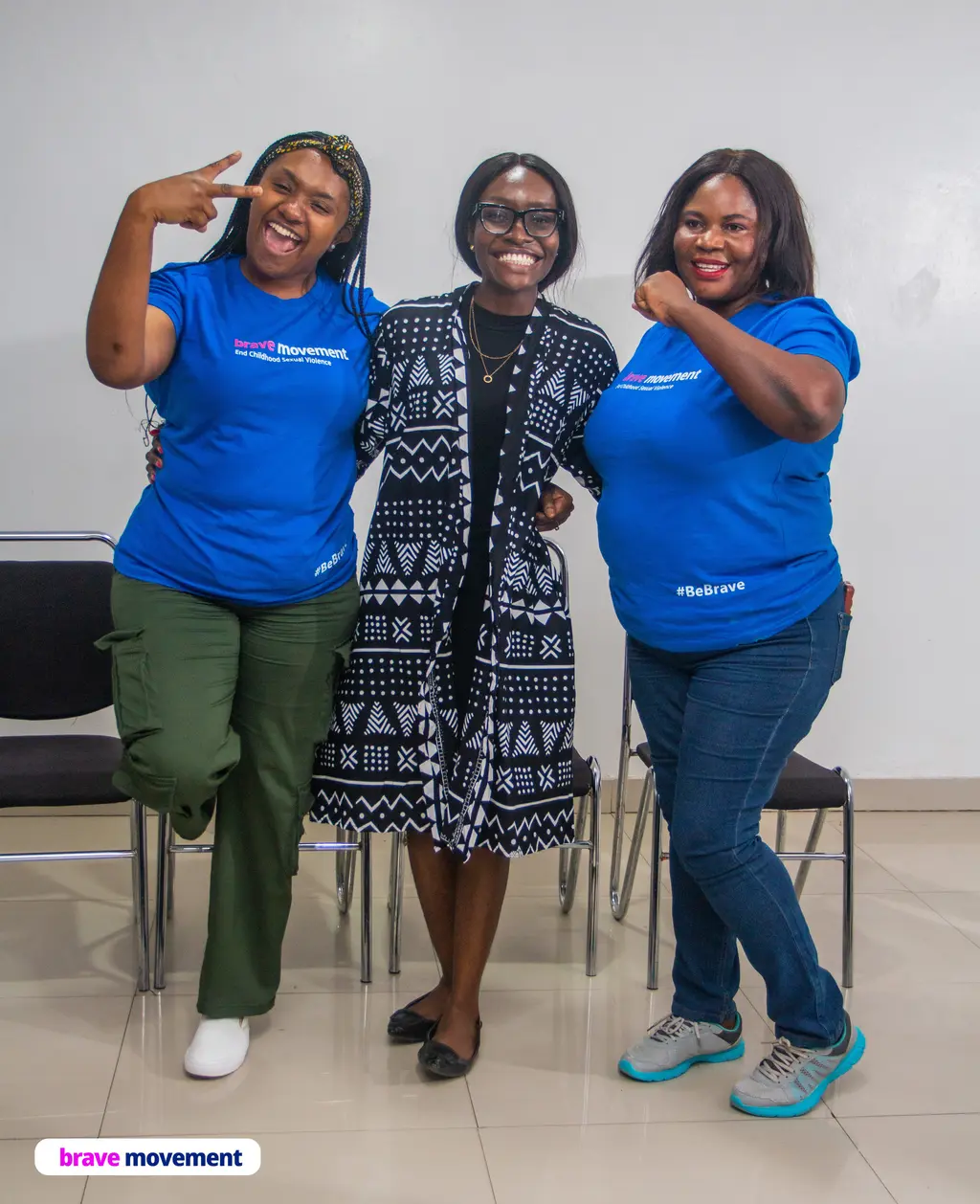
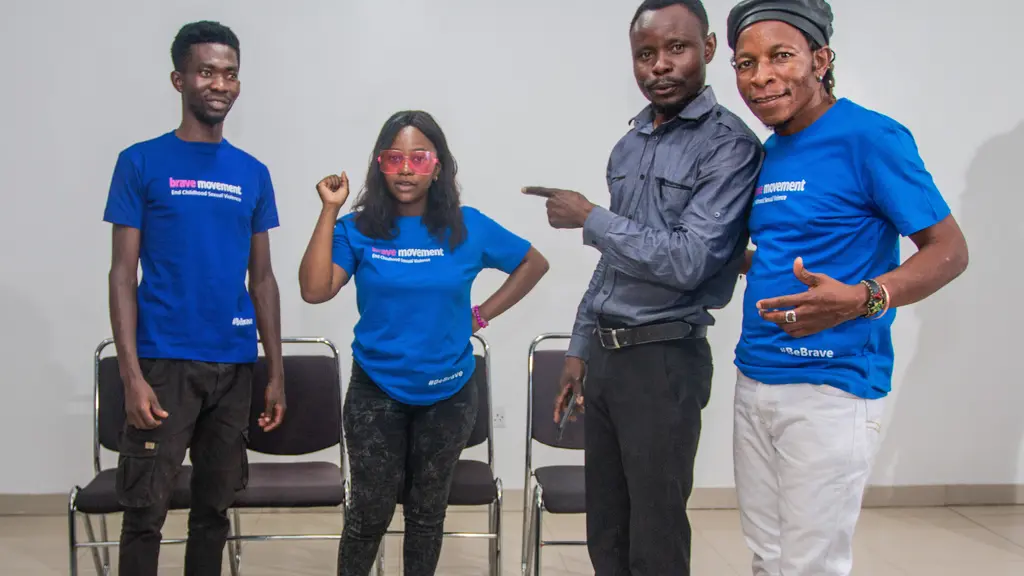
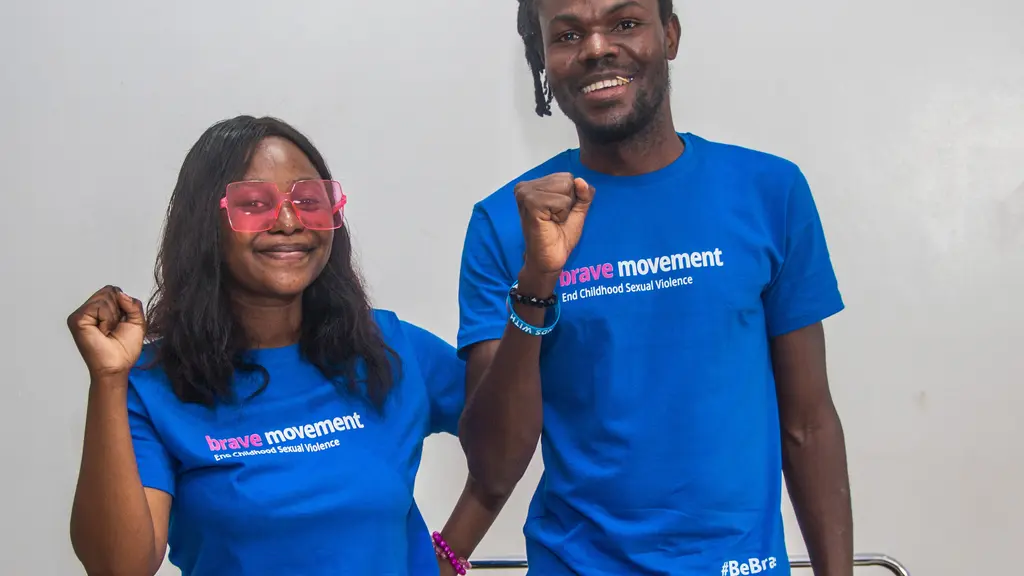
According to UNICEF, approximately 1 in 3 girls and 1 in 5 boys in Africa experience sexual violence before they turn 18. This scourge is often hidden, exacerbated by cultural norms that allow harmful practices like child marriage, female genital mutilation (FGM), and intra-familial abuse to persist. Stigma, shame, and silence prevent communities from acknowledging the scale of the crisis, let alone addressing it.
In this fight, traditional and faith-based leaders are critical. While their influence is often viewed through a complex lens (sometimes as part of the problem, especially when retrogressive systems reinforce harmful practices), they are also key allies in shifting norms and protecting children. Therefore, recognizing that the influence of these leaders is immense and harnessing that influence may be one of our most powerful strategies in combating CSA across Africa.
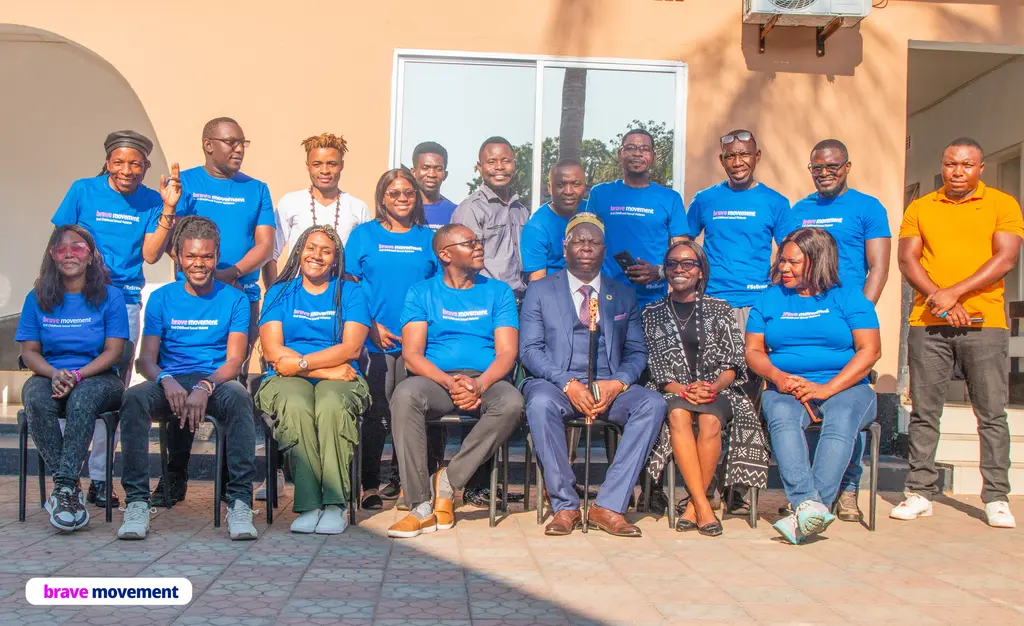
Chief Chamuka has been a passionate advocate in the fight against childhood sexual violence. Under his leadership, his chiefdom introduced groundbreaking by-laws raising the legal age of marriage from 15 to 21 and enforcing village registration to protect children from abuse through early marriages.
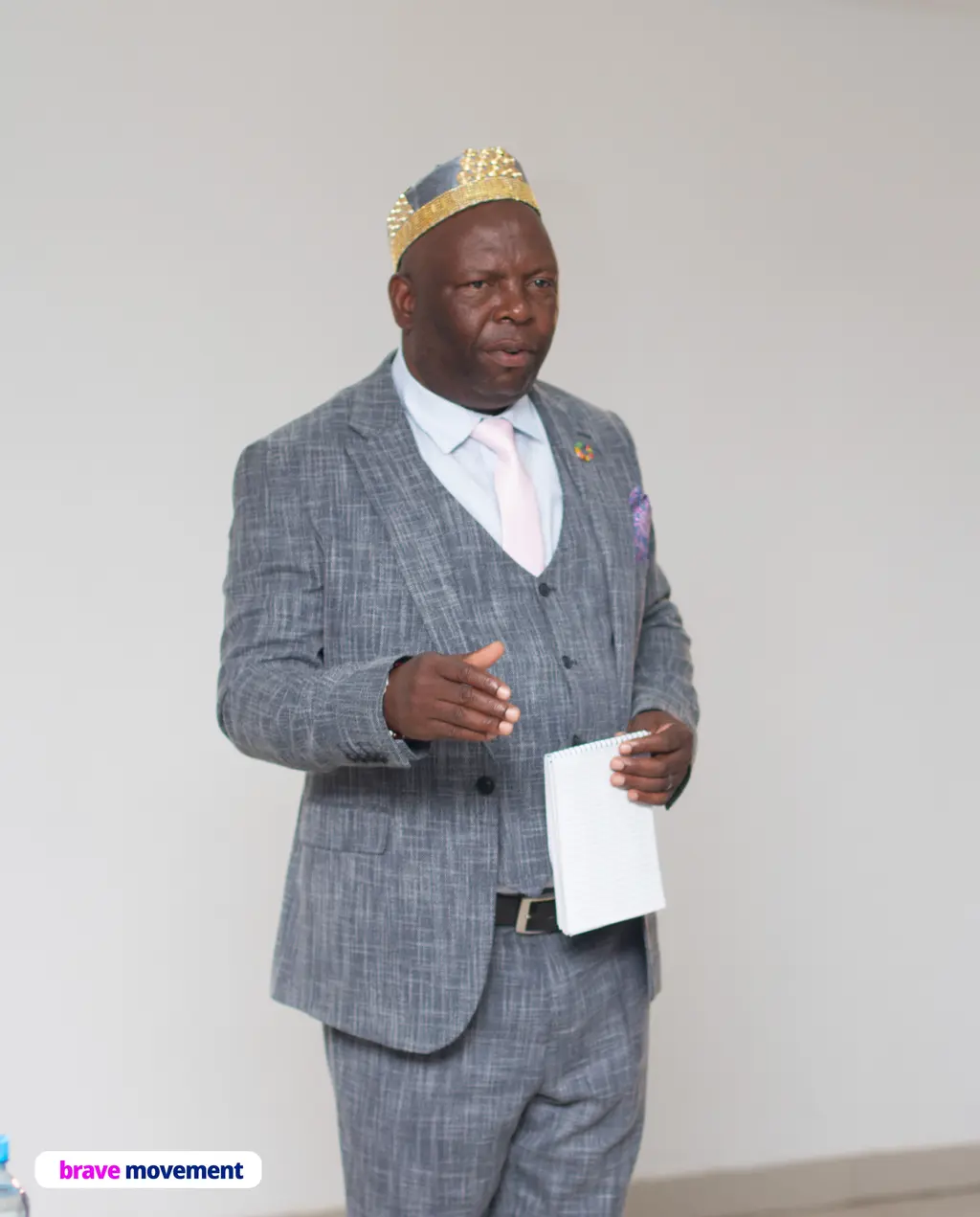
"We are the custodians of good culture, and it is our duty to protect our children from harm."
These words not only encourage but also remind us that we bear the responsibility of protecting our children.
Chief Chamuka is one of many African traditional leaders joining forces to combat child marriage and other harmful practices. His community-based approach, using advocacy, education, and empowerment—has significantly reduced early marriages and kept adolescent girls in school and free from abuse.
Just across the border, in Malawi, is Senior Chief Kachindamoto, who has led successful initiatives, annulling more than 2,000 child marriages in her area since 2013. Her commitment and efforts to end child sexual violence have famously earned her the title ‘chief terminator’, a testament to the passion and push she brings to ending child sexual violence. Leaders like Chief Chamuka and Chief Kachindamoto are an example that when traditional authorities take a stand, real change is possible.
The Council of Traditional Leaders of Africa (COTLA) has also been significantly impacted. COTLA is a pan-African continental movement that aims to drive the transformation and eradication of negative cultural practices, customs, and traditions, including those affecting children. Since its launch in February 2019, COTLA has mobilized traditional institutions to implement community-based solutions to address the cultural norms perpetuating violence against children, women, and girls.
It is evident that religious and traditional leaders hold incredible power. Their authority extends far beyond religious doctrine or cultural rituals. They are the custodians of community values, influencers of social norms, and sometimes even justice administrators. Their reach, particularly in remote areas, makes them indispensable in the fight against child sexual violence, and suffice it to say, religious and traditional leaders in Africa are trusted more than politicians and political processes.
While their role is double-edged (sometimes promoting norms that enable violence), they also present a crucial opportunity for shifting and framing norms that protect children against sexual abuse.
Religious and traditional leaders are influential leaders in communities, so the question is not whether to engage them but how to engage them effectively. The UN Trust Fund report of 2021 highlights that civil society organizations can effectively engage faith-based and traditional actors by first understanding the values and dynamics of faith-based and traditional systems in relation to child sexual violence. They would then need to adopt a multi-sectoral approach that treats these leaders as one of many stakeholders, ensuring the representation of survivors and vulnerable groups like women and finally challenging harmful social norms through constructive dialogue rather than mere condemnation.
Child sexual violence in Africa is a crisis that requires a crisis-level response. Leaders like Chief Chamuka and many others exemplify the immense potential that can be unlocked when traditional and faith-based actors are engaged effectively. Their involvement is not only strategic—it is essential to build a safer future for Africa’s children!
